Guest Column on how to become a writer in India, Free Press Journal Sunday Magazine, April 14 2024, Mumbai Edition.
It’s a powerful aspiration—to create worlds from your mind, breathe life into characters, and share your tales with a global audience through your book. But for aspiring writers, the journey can seem daunting. But how to become a writer in India in 2024? Having penned seven books myself, I can assure you that the journey is as rewarding as it is challenging. Let me break it down for you.
How to Become a Writer in India?
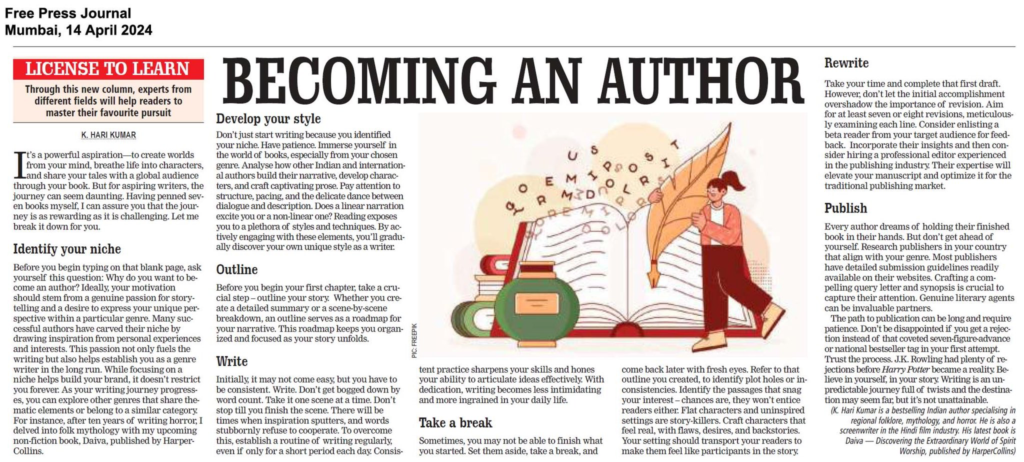
Identify Your Niche.
Before you begin typing on that blank page, ask yourself this question: Why do you want to become an author? Ideally, your motivation should stem from a genuine passion for storytelling and a desire to express your unique perspective within a particular genre. Many successful authors have carved their niche by drawing inspiration from personal experiences and interests. This passion not only fuels the writing but also helps establish you as a genre writer in the long run. While focusing on a niche helps build your brand, it doesn’t restrict you forever. As your writing journey progresses, you can explore other genres that share thematic elements or belong to a similar category. For instance, after ten years of writing horror, I delved into folk mythology with my upcoming non-fiction book, Daiva, published by HarperCollins.
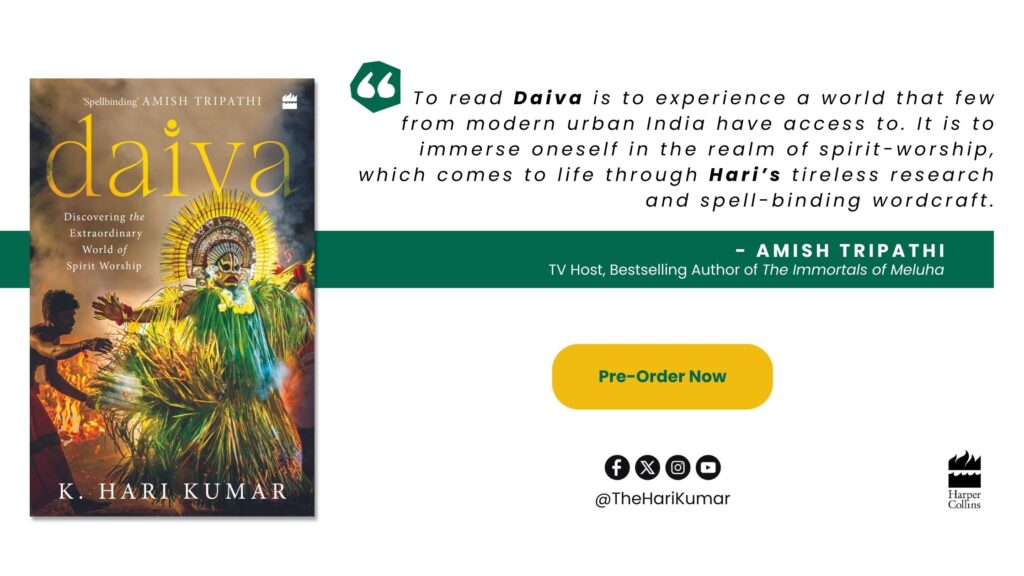
Develop Your Style.
Don’t just start writing because you identified your niche. Have patience. Immerse yourself in the world of books, especially from your chosen genre. Analyse how other Indian and international authors build their narrative, develop characters, and craft captivating prose. Pay attention to structure, pacing, and the delicate dance between dialogue and description. Does a linear narration excite you or a non-linear one? Reading exposes you to a plethora of styles and techniques. By actively engaging with these elements, you’ll gradually discover your own unique style as a writer.
Outline.
Before you begin your first chapter, take a crucial step – outline your story. Whether you create a detailed summary or a scene-by-scene breakdown, an outline serves as a roadmap for your narrative. This roadmap keeps you organized and focused as your story unfolds.
Write.
Initially, it may not come easy, but you have to be consistent. Write. Don’t get bogged down by word count. Take it one scene at a time. Don’t stop till you finish the scene. There will be times when inspiration sputters, and words stubbornly refuse to cooperate. To overcome this, establish a routine of writing regularly, even if only for a short period each day. Consistent practice sharpens your skills and hones your ability to articulate ideas effectively. With dedication, writing becomes less intimidating and more ingrained in your daily life.
Take a Break.
Sometimes, you may not be able to finish what you started. Set them aside, take a break, and come back later with fresh eyes. Refer to that outline you created, to identify plot holes or inconsistencies. Identify the passages that snag your interest – chances are, they won’t entice readers either. Flat characters and uninspired settings are story-killers. Craft characters that feel real, with flaws, desires, and backstories. Your setting should transport your readers to make them feel like participants in the story.
Rewrite.
Take your time and complete that first draft. However, don’t let the initial accomplishment overshadow the importance of revision. Aim for at least seven or eight revisions, meticulously examining each line. Consider enlisting a beta reader from your target audience for feedback. Incorporate their insights and then consider hiring a professional editor experienced in the publishing industry. Their expertise will elevate your manuscript and optimize it for the traditional publishing market.
Pitch to Publish.
Every author dreams of holding their finished book in their hands. But don’t get ahead of yourself. Research publishers in your country that align with your genre. Most publishers have detailed submission guidelines readily available on their websites. Crafting a compelling query letter and synopsis is crucial to capture their attention. Genuine literary agents can be invaluable partners.
The path to publication can be long and require patience. Don’t be disappointed if you get a rejection instead of that coveted seven-figure-advance or national bestseller tag in your first attempt. Trust the process. J.K. Rowling had plenty of rejections before Harry Potter became a reality. Believe in yourself, in your story. Writing is an unpredictable journey full of twists and turns, and the destination may seem far, but it’s not unattainable. Remember, even the greatest wizards in the world had to start from the beginning.
K. Hari Kumar is the bestselling author of 7 books including DAIVA, India’s Most Haunted, Dakhma, When Strangers Meet, etc. Read this article on Press Reader.

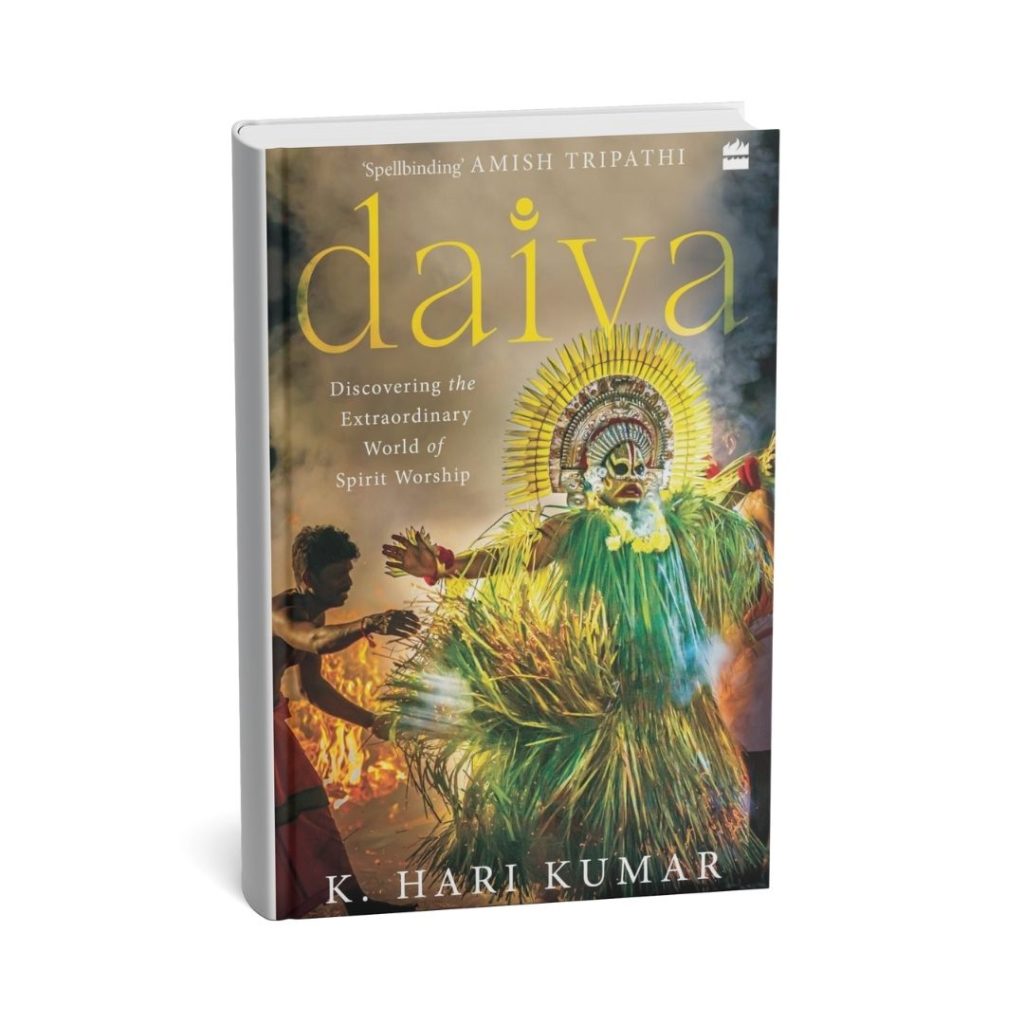
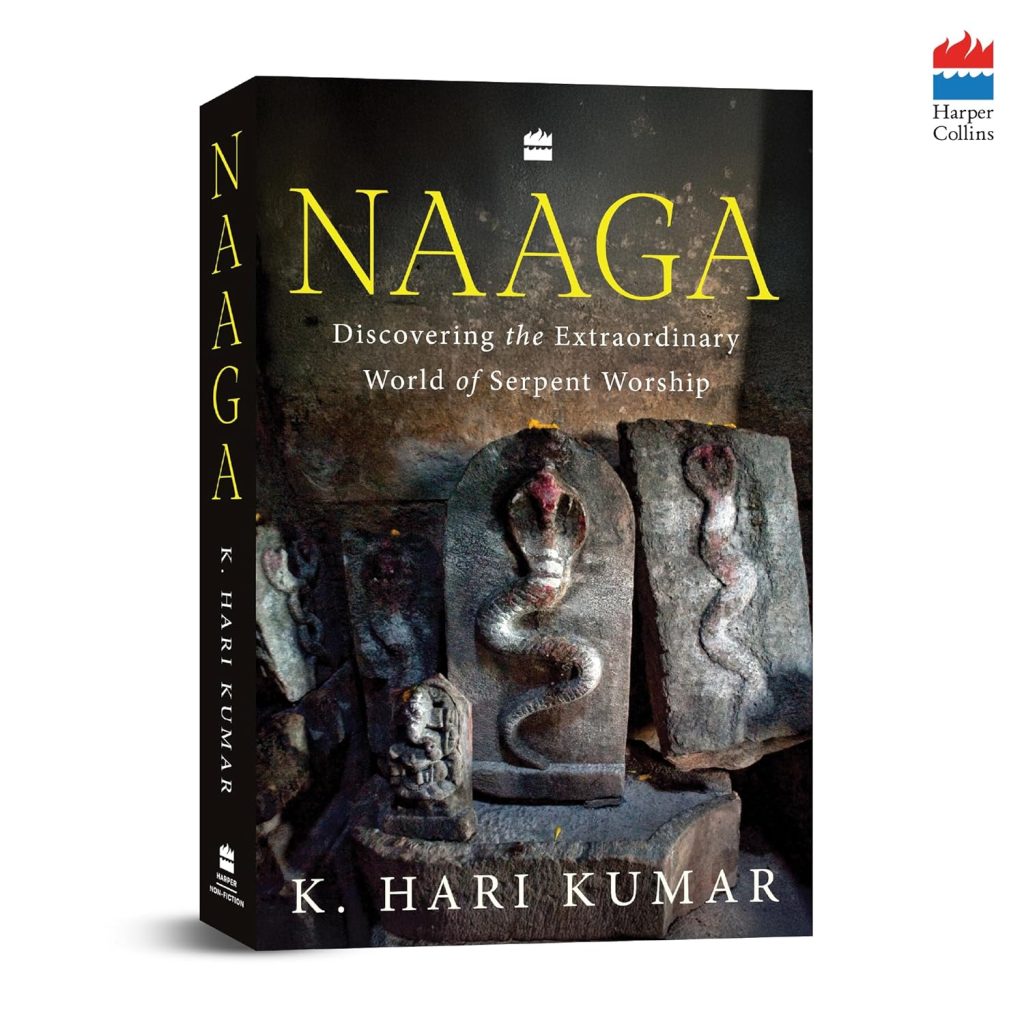
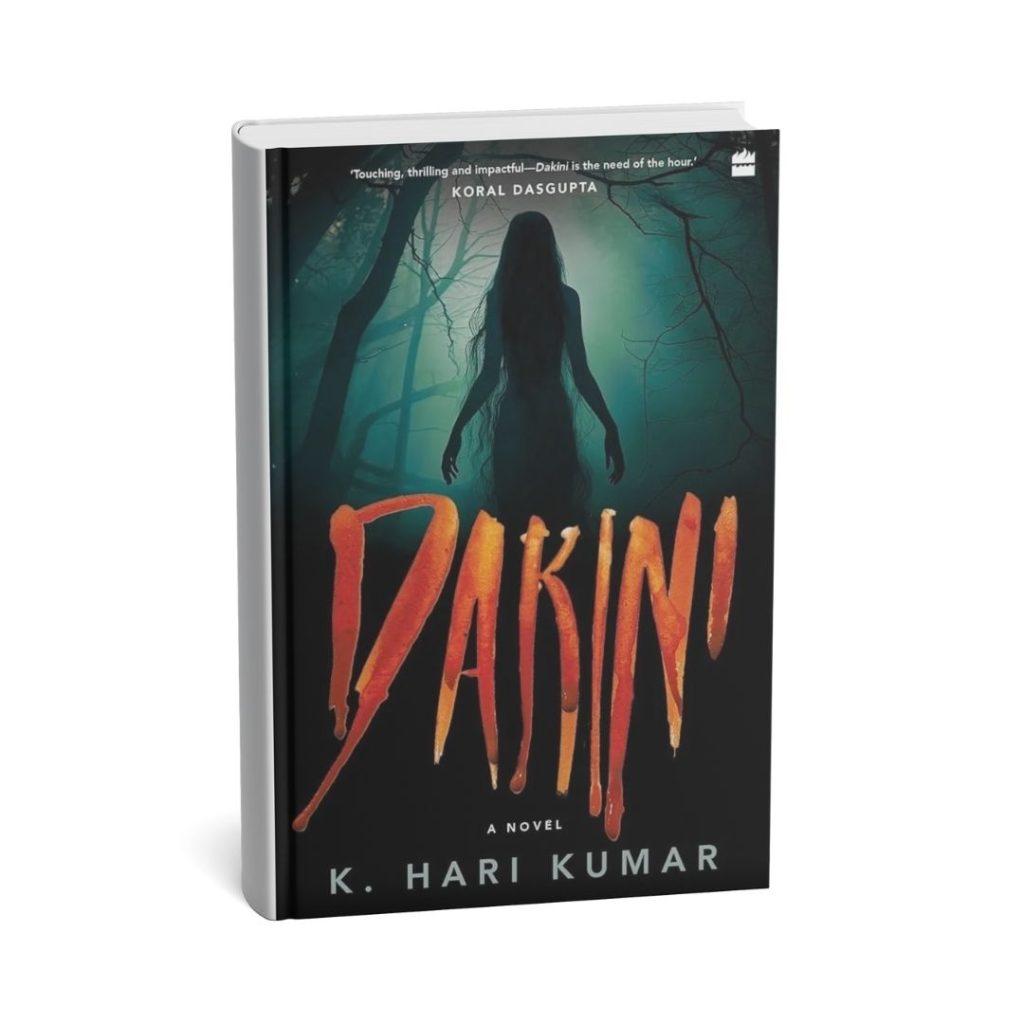
Leave a Reply